-
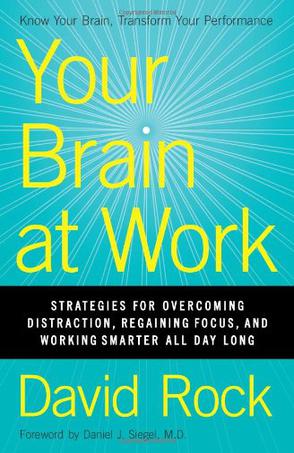
Your Brain at Work
Meet Emily and Paul, the parents of two young children. Emily is a newly promoted executive in a large corporation, while Paul has his own business as a consultant. Their lives, like all of ours, are filled with a bewildering blizzard of emails, phone calls, yet more emails, meetings, projects, proposals, and plans. For them, just staying ahead of the storm has become a seemingly insurmountable task. In this book, we travel inside the brains of Emily and Paul as they attempt to sort the vast quantities of information they're presented with and figure out how to prioritize, organize, and act on it. Fortunately for Emily and Paul—and for readers of Your Brain at Work —they're in good hands: David Rock knows how the brain works—and more specifically, how it works in a work setting. Your Brain at Work explores: Why your brains feels so taxed, and how to take full advantage of your mental resources Why it's so hard to focus, and how to better manage distractions How to maximize your chance of finding insights that can solve seemingly insurmountable problems How to keep your cool in any situation, so that you can make the best decisions possible How to collaborate with others more effectively Why providing feedback is so difficult, and how to make it easier How to effectively change other people's behavior Rock shows how it's possible not only to survive in today's overwhelming work environment but to succeed in it—and still feel energized at the end of the day, with a sense of accomplishment. -
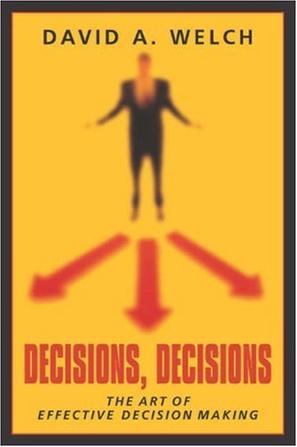
Decisions, Decisions
-
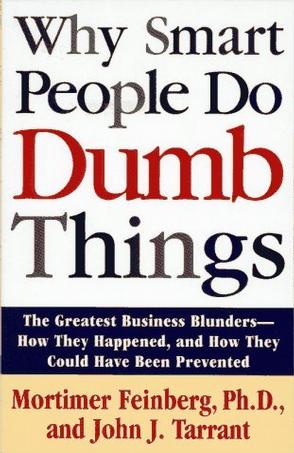
Why Smart People Do Dumb Things
Culled from business headlines and corporate files, this examination of the ultimate in boardroom breakdown describes, in entertaining anecdotes, the mega-mistakes made by highly regarded leaders in business and public life. -

Attacking Faulty Reasoning
Increasingly college courses and programs require a critical thinking componentand include assignments meant to measure your critical thinking skills. ATTACKING FAULTY REASONING: A PRACTICAL GUIDE TO FALLACY-FREE ARGUMENTS, SIXTH EDITION, can help you brush up on these skillsand learn how to develop the logical, persuasive arguments you need now and throughout your career. This useful handbook addresses more than 60 common fallacies of logic with the help of over 200 memorable examples. It provides explanations and tips for avoiding fallacious thinking, and is an ideal resource when writing papers, essays, or arguments. -
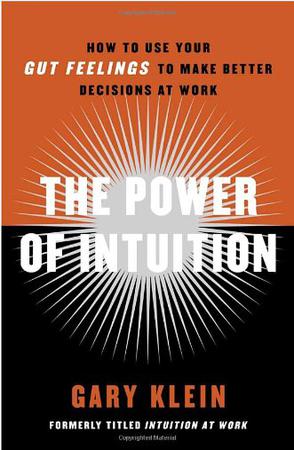
The Power of Intuition
At times in our careers, we've all been aware of a "gut feeling" guiding our decisions. Too often, we dismiss these feelings as "hunches" and therefore untrustworthy. But renowned researcher Gary Klein reveals that, in fact, 90 percent of the critical decisions we make is based on our intuition. In his new book, THE POWER OF INTUITION , Klein shows that intuition, far from being an innate "sixth sense," is a learnable--and essential--skill. Based on interviews with senior executives who make important judgments swiftly, as well as firefighters, emergency medical staff, soldiers, and others who often face decisions with immediate life-and-death implications, Klein demonstrates that the expertise to recognize patterns and other cues that enable us--intuitively--to make the right decisions--is a natural extension of experience. Through a three-tiered process called the "Exceleration Program," Klein provides readers with the tools they need to build the intuitive skills that will help them make tough choices, spot potential problems, manage uncertainty, and size up situations quickly. Klein also shows how to communicate such decisions more effectively, coach others in the art of intuition, and recognize and defend against an overdependence on information technology. The first book to demystify the role of intuition in decision making, THE POWER OF INTUITION is essential reading for those who wish to develop their intuition skills, wherever they are in the organizational hierarchy. -
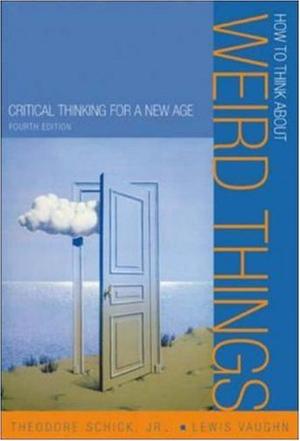
How To Think About Weird Things
This brief, inexpensive text helps the reader to think critically, using examples from the weird claims and beliefs that abound in our culture to demonstrate the sound evaluation of any claim. The authors focus on types of logical arguments and proofs, making How to Think about Weird Things a versatile supplement for logic, critical thinking, philosophy of science, or any other science appreciation courses.